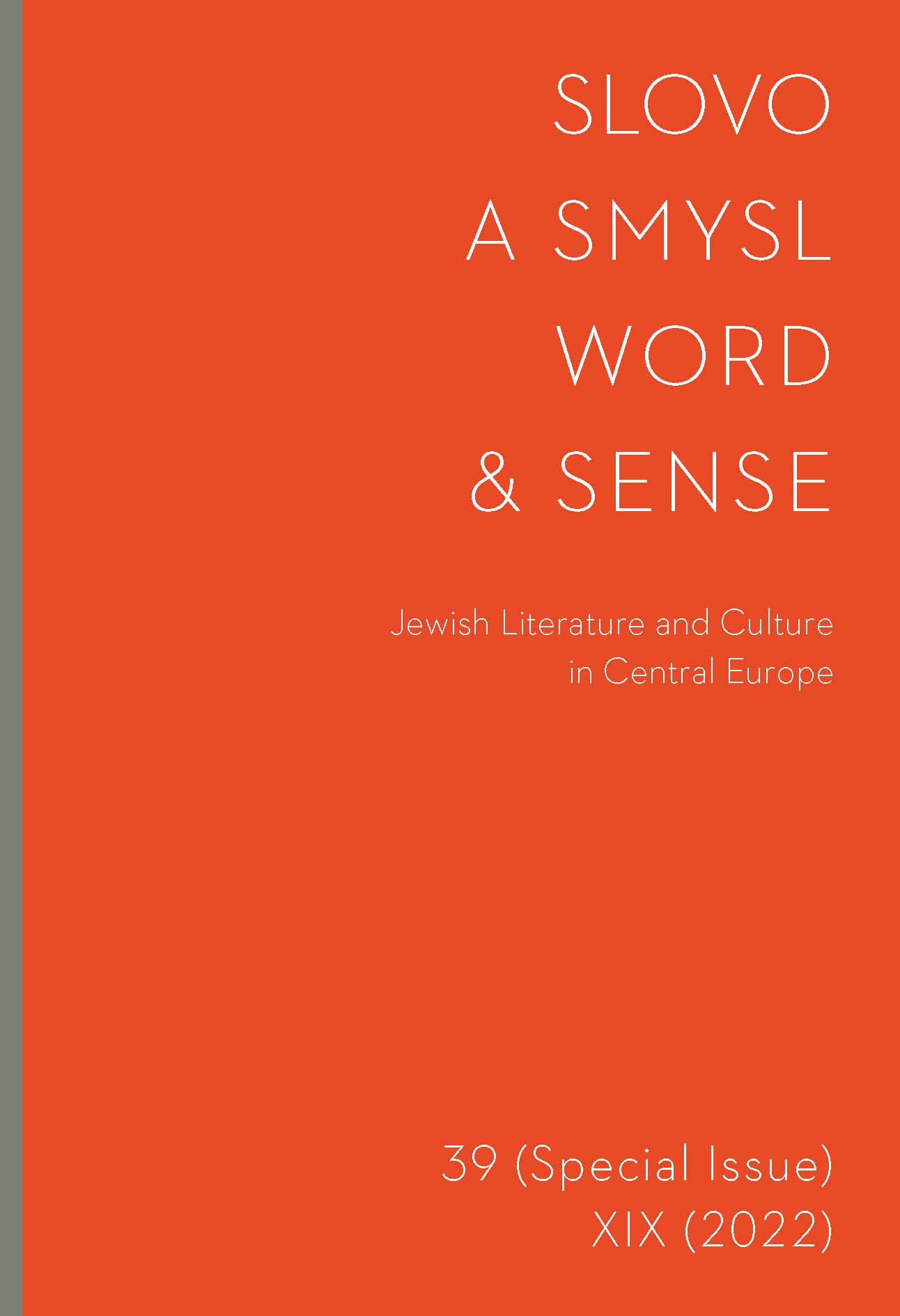(Un)Familiar Jewishness in the Work of Jiří Weil
(Un)Familiar Jewishness in the Work of Jiří Weil
Author(s): Marie BrunováSubject(s): Jewish studies, Studies of Literature, Czech Literature
Published by: Univerzita Karlova v Praze - Filozofická fakulta, Vydavatelství
Keywords: Czech Jewish Literature; Jiří Weil; Jewish identity; Moskva-hranice (Moscow-Border); Harfeník (The Harpist)
Summary/Abstract: Jiří Weil (1900–1959), the Czech writer of Jewish origin, is known primarily for his works of fiction dealing with the experience of the Shoah, both in the form of short stories and his celebrated novels Život s hvězdou (Life with a Star, 1949) and Na střeše je Mendelssohn (Mendelssohn is on the Roof, 1960), as well as the text collage Žalozpěv za 77 297 obětí (Lamentation for 77 297 Victims, 1958). However, the fact that Weil presented the theme of Jewishness also from a different perspective is often overlooked — for example in the novel Harfeník (The Harpist, 1958) and in the unpublished texts ‘Perrotina, mašina chlebozlodějská’ (Perrotine, the Bread-Stealing Machine) and ‘Tiskařská romance’ (A Printer’s Romance), in which he linked the theme of Jewishness to that of the beginnings of the labour movement in the Czech lands in the 19th century. Although Weil’s post-war literary output is characterised by his focus on themes of Jewishness and the Shoah, we also find Jewish figures represented in his pre-war novel writing. Last but not least, it is necessary also to recall his texts of a non-fiction character, in which he dealt with Jewish themes in the course of his employment at the State Jewish Museum. The focal point of this contribution therefore resides in the presentation of Weil’s lesser-known texts, dealing with the theme of Jewishness other than through the prism of the Shoah, and in his uncovering of a complex of Jewish identities in his pre-war novel Moskvahranice (Moscow-Border, 1937).
Journal: Slovo a smysl
- Issue Year: 19/2022
- Issue No: 39
- Page Range: 198-209
- Page Count: 12
- Language: English

